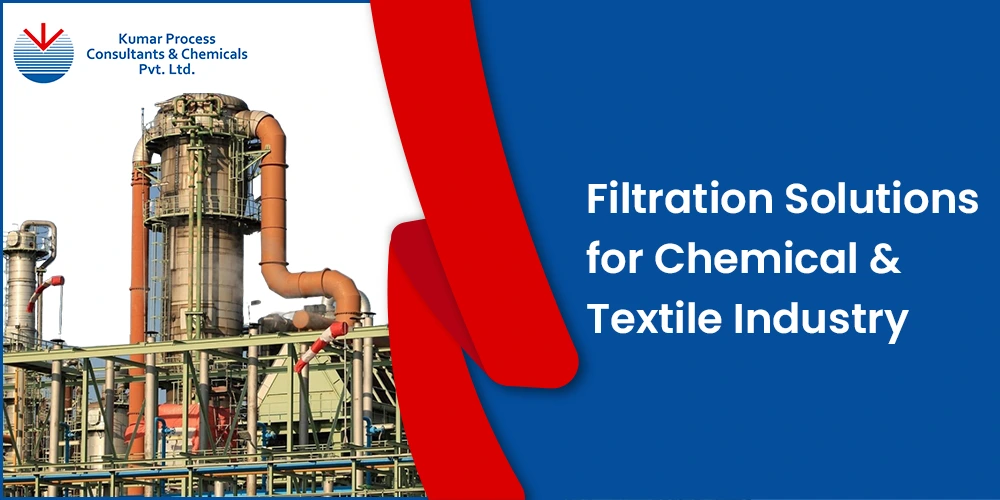


Chemical filtration is a critical process in the chemical industry, involving the separation of solid particles from liquid or gas mixtures through a medium that traps these particles. This essential step in chemical processing supports a range of operations, including purification, separation, and clarification of materials. Chemical filtration definition can be summarized as the use of filtration methods to remove impurities from chemicals, ensuring the quality and consistency of chemical processes.
An effective chemical filtration system at key points in production mitigates these risks, enhancing product quality, reducing maintenance, and lowering operating costs. Our advanced chemical filter solutions are designed to handle various stages of production, from raw material impurity removal to precise material filtration and liquid-coalescence-separation filtration.
Selecting the right chemical filter element is essential, especially considering the acidic, alkaline, or corrosive nature of many raw materials. By ensuring proper filtration and purification from the start, chemical filtration safeguards the efficiency and quality of the entire production process, contributing to a more productive and cost-effective operation.
As a leading chemical filter manufacturer, we provide high-performance chemical filtration solutions for a range of applications across industries. From protecting equipment to ensuring product purity, chemical filters play a vital role in maintaining efficiency and safety in various chemical processes.
Implementing a chemical filter system presents several challenges for effective filtration.
As a leading chemical filter manufacturer, we provide advanced filtration solutions that meet industry needs for efficiency, reliability, and performance.
By tackling these common challenges with innovative filtration technology, Kumar Filters enhances efficiency and sustainability for industries requiring advanced filtration. Application of filtration in chemistry and industry promotes cleaner production, resource optimization, and operational excellence.
Do you understand the potential of advanced filtration systems to transform your industrial operations? Contact Kumar Process today to explore tailored filtration solutions that meet your specific needs. Share your experiences or questions about industrial filtration systems and stay tuned for the latest insights in industrial technology innovations.
Chemical filtration removes impurities, contaminants, particulates, and dissolved chemicals from liquids or gas to ensure purity and protect equipment.
Applications include water purification, air filtration, product sterilization, and contaminant removal in industries like pharmaceuticals, food processing, and chemical manufacturing.
Activated carbon filtration is one of the most common types, used for removing organic compounds and odors from liquids and gas.
The chemical filtration process involves passing a liquid or gas through a filter medium that captures contaminants, often through adsorption, sieving, or other separation methods.